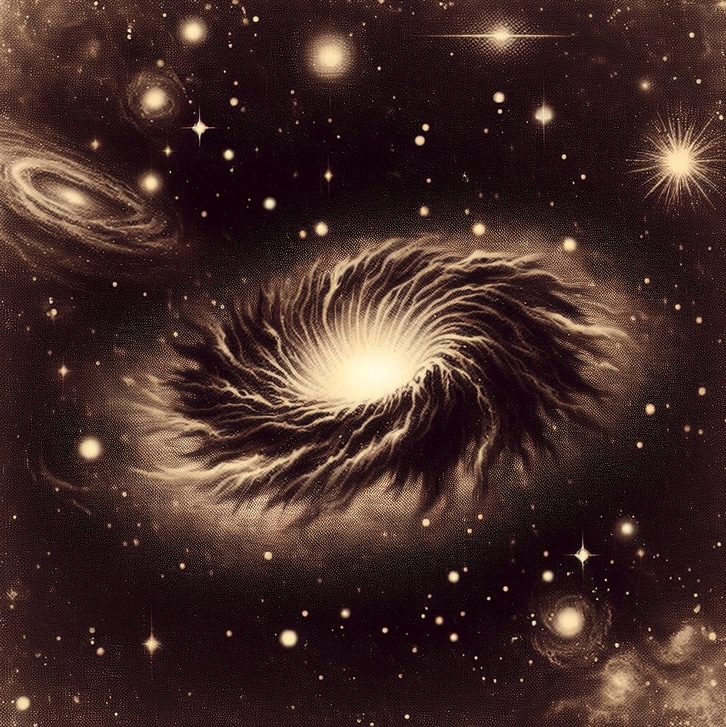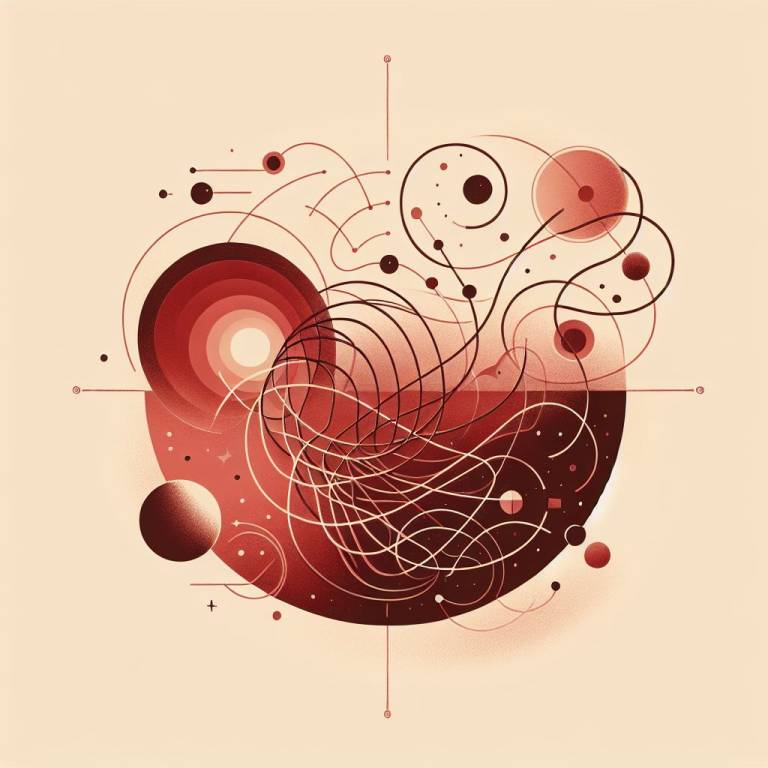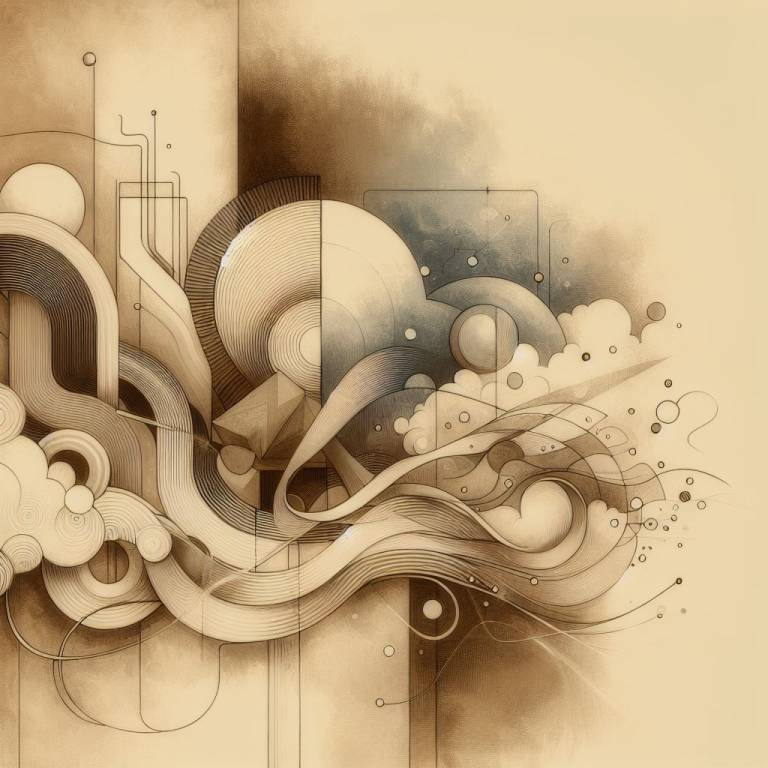In its October 2024 meeting, the Tampere IR Reading Group discussed the article “The Dark Matter of World Politics” by Minseon Ku and Jennifer Mitzen. The article was published in the journal International Organization and was chosen as a reading group read because of its “prestige.” International Organization is often considered one of the top IR journals, and this article was one of its most-downloaded pieces in 2023. This means that in discussing the article, we also delved into the politics of journal rankings and what are considered “big IR” journals.
The article by Ku and Mitzen explores the concept of system trust in international relations. The authors position the paper in relation to a “trust revival” in IR theorizing and argue that beyond interpersonal trust between leaders, there exists a deeper form of trust in the international system itself. This system trust is a confidence in the continuity and stability of the international social order. While important for the functioning and continuity of the international system, according to the authors, it has not received sufficient attention from IR’s “trust scholars” who tend to focus on interpersonal dynamics.
The authors suggest that in world politics, system trust underpins ontological security – sense of stability and continuity in state identity – by providing a stable and predictable international environment. This trust allows actors in the system to navigate the international arena with some confidence, knowing that the fundamental structures and norms of the international system will hold. Using the 1985 Geneva Summit between Reagan and Gorbachev as an illustration, they highlight how system trust operates in the background, much like “dark matter” in the universe, holding the system together.
“System trust operates much like “dark matter” in the universe, unobservable but invisibly conditioning patterns of action, even holding entire galaxies together” (p. 801).
Interested in what gets published in top IR journals, we spent some time discussing the structure and writing style of the article. We noted, for example, that besides the notion of “dark matter,” the authors also mobilize other metaphors such as “icebergs” or the idea of a “background” to develop their argument. We problematized the possible parochialism of the article: while formulated as a general system-level argument about world politics, its concerns about the stability of the contemporary system or arguments such as “the states system organizes the globe” (p. 809) felt somewhat Western-centered – or conservative.
“The distrust that IR scholars focus on … analytically presupposes the ongoing sociopolitical production of this deeper trust” (p. 815).
While several reading group members felt they learned a lot from the article and were considering ways to incorporate its ideas into their own projects, we also approached it with a critical eye. We noted that it makes an interesting attempt to formulate a system-level argument about international relations using some sociological concepts. “Sociologists,” as Ku and Mitzen note, “have long posited that a distinct form of trust is necessary for sociopolitical systems to function” (p. 804). The article’s argumentation is indeed based very much on classical sociology. This led us to ponder if its theoretical point is as overlooked as the authors claim when they import sociological arguments into IR theorizing.
We also discussed that the “mode of being” of the key concept “system trust” could have been clarified still further. For instance, what sets it apart from institutionalism, toward which some of the examples used by the authors (e.g., the example of money, p. 810) seem to suggest? Some members found the use of concepts not entirely systematic, leading to some confusion. For example, it wasn’t clear whether the authors intended to use terms like “order,” “system,” and “society” interchangeably. Additionally, there were questions about the status and use of the article’s case studies or illustrations, as they seemed to rely heavily on secondary sources, which might also affect the validity of conclusions drawn from them.
References
Ku, Minseon, and Jennifer Mitzen (2022) “The Dark Matter of World Politics: System Trust, Summits, and State Personhood.” International Organization 76(4): 799–829. https://doi.org/10.1017/S0020818322000169.





